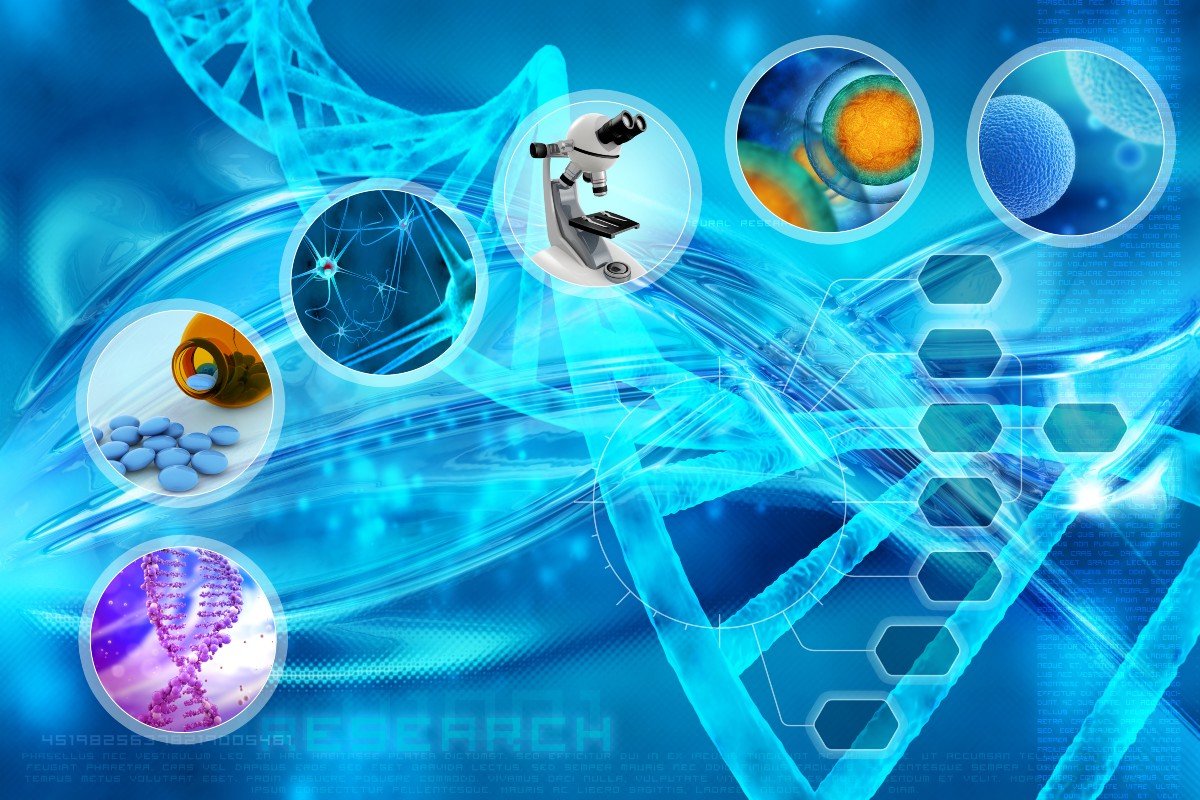
life sciences

Life sciences play a crucial role in advancing our understanding of living organisms and improving our quality of life. From medical research to biotechnology, ecology, data analysis, and collaboration, the key aspects of life sciences are diverse and interconnected, with far-reaching implications for the future of humanity.
- Medical Research: Life sciences play a crucial role in medical research, including the development of new drugs, vaccines, and treatments for various diseases. Understanding the human body and how it works at a molecular and cellular level is essential for improving health outcomes and saving lives.
- Biotechnology: Life sciences have also paved the way for advancements in biotechnology, including genetic engineering, cloning, and stem cell research. These technologies have the potential to revolutionize healthcare, agriculture, and other fields.
- Ecology: The study of ecology is another important aspect of life sciences. Understanding the relationships between living organisms and their environment is essential for conservation and sustainability efforts.
- Data Analysis: Life sciences also rely heavily on data analysis, including statistical methods, bioinformatics, and machine learning. Analyzing large amounts of data can help to uncover patterns and insights that can be used to make scientific discoveries and develop new technologies
- Collaboration: Life sciences often require collaboration between researchers from different disciplines, including biology, chemistry, physics, and engineering. Working together to share knowledge and expertise can help to accelerate scientific progress and tackle complex challenges
